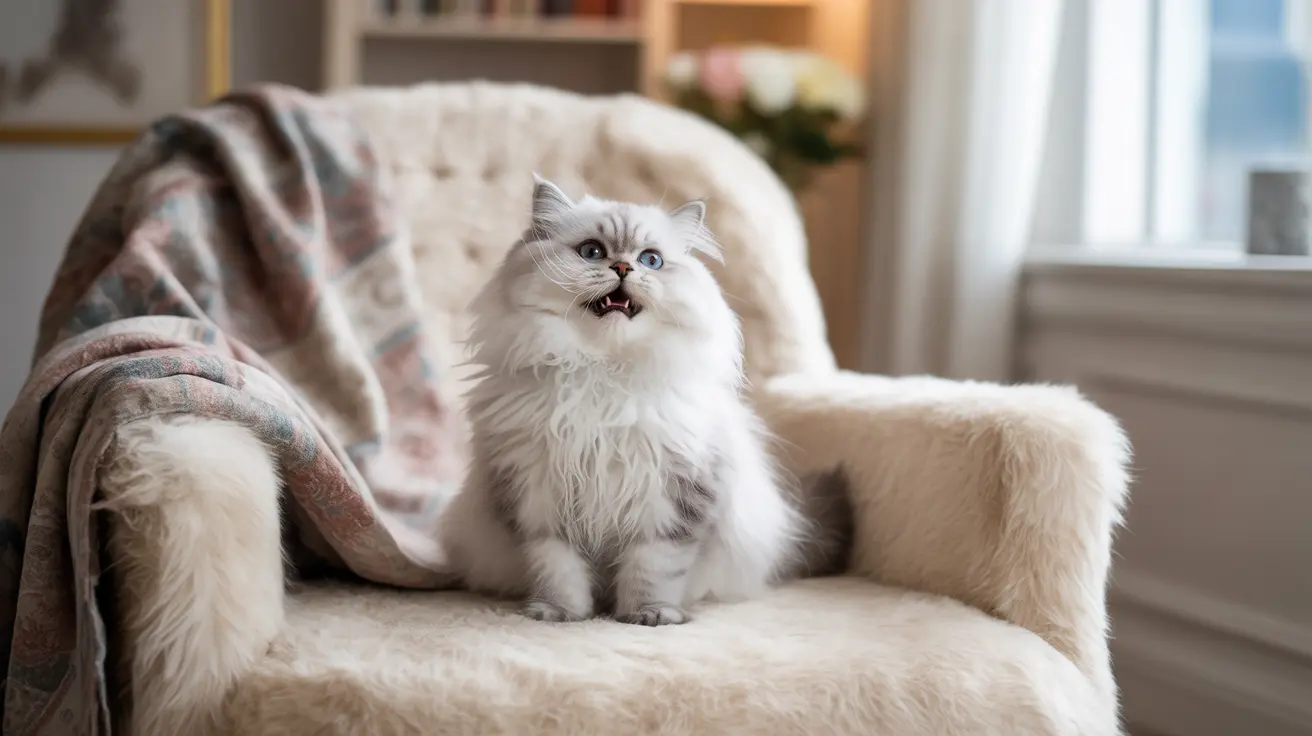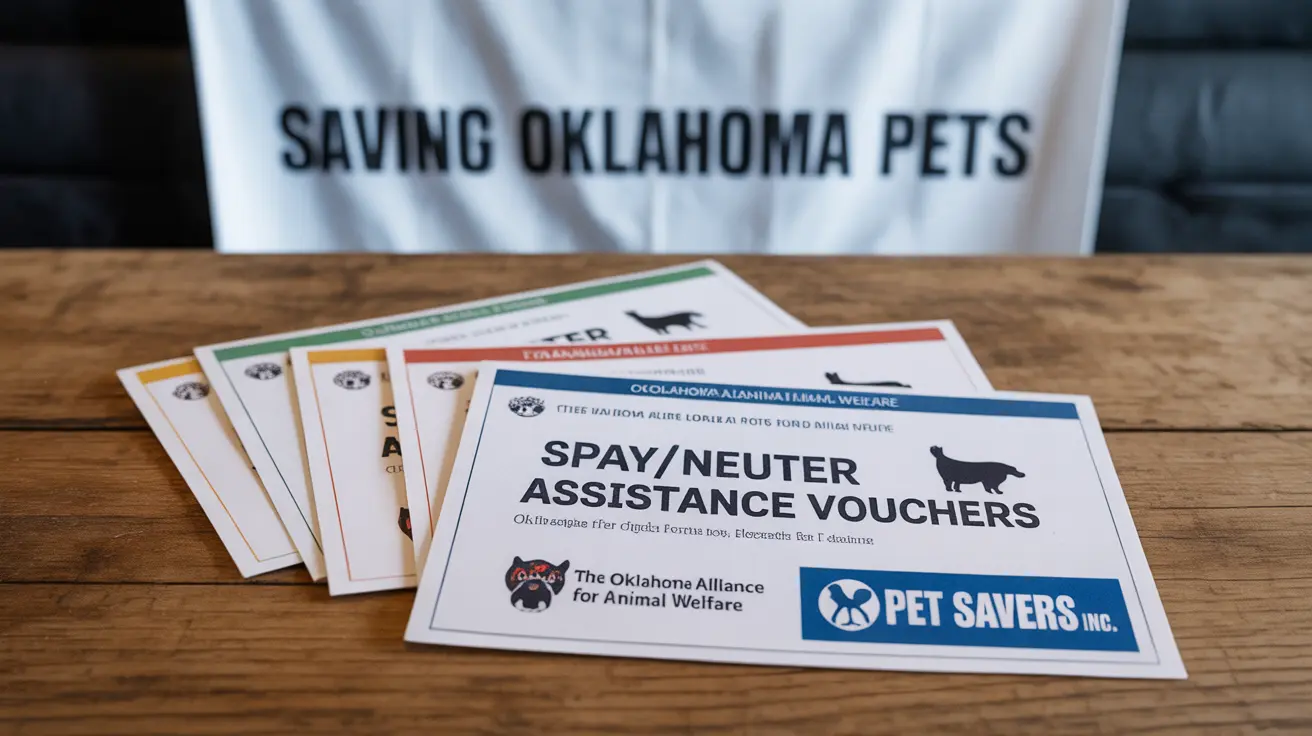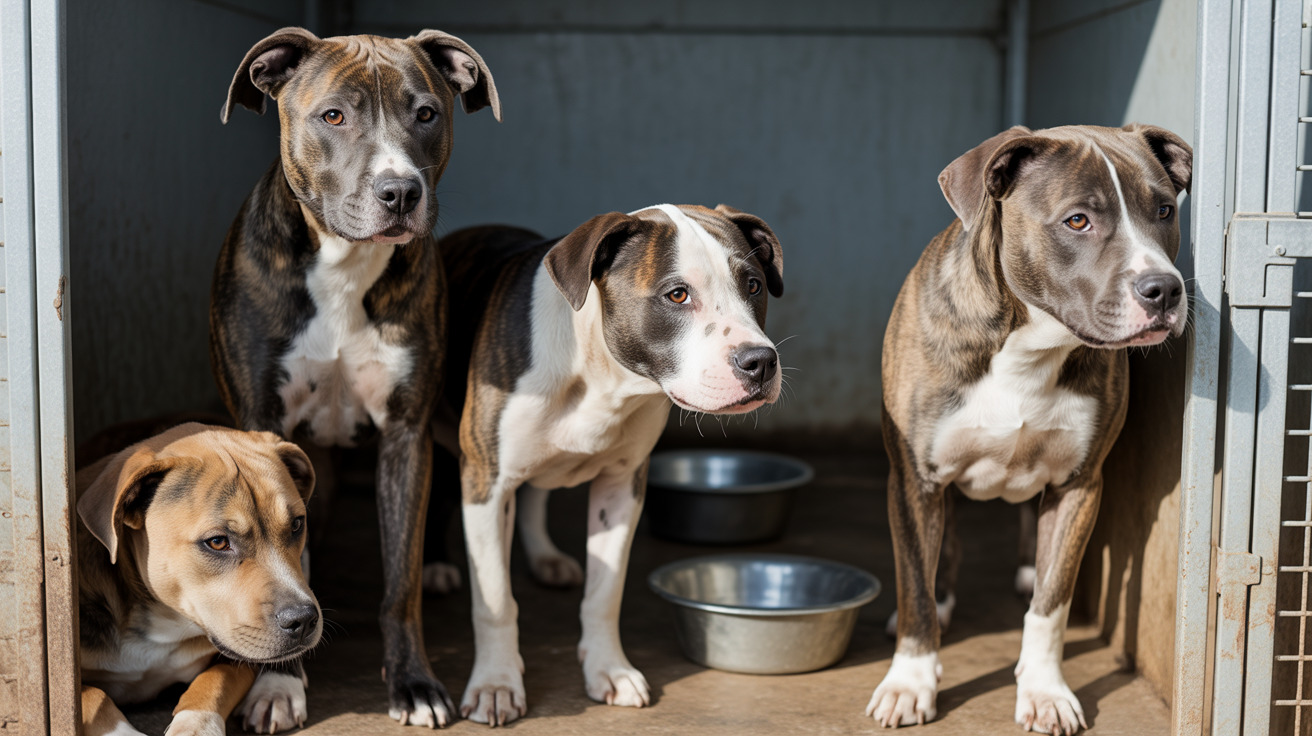If you've noticed your cat making snoring sounds while awake, it's essential to understand that this isn't typical snoring like what happens during sleep. These sounds, technically called stertor or stridor, often indicate an underlying health concern that requires attention.
While occasional snoring during sleep can be normal, especially in certain breeds or positions, snoring-like sounds during wakefulness usually signal some form of airway obstruction or respiratory issue. Let's explore the causes, implications, and when you should be concerned about your cat's noisy breathing.
Common Causes of Awake Snoring in Cats
Anatomical Factors
Some cats are more prone to making snoring sounds while awake due to their physical structure. Brachycephalic breeds like Persians and Himalayans often experience this due to their flat faces and shortened nasal passages. These breeds commonly have narrower nostrils and elongated soft palates that can restrict normal airflow.
Obesity-Related Issues
Excess weight is a significant contributor to noisy breathing in cats. When cats become overweight, fat deposits around their upper airways can compress the breathing passages, leading to constant snoring-like sounds, even during waking hours. Studies suggest that 40-50% of domestic cats are overweight, making this a common concern.
Medical Conditions That Cause Noisy Breathing
Upper Respiratory Problems
Infections, allergies, and inflammation can cause the tissues in your cat's respiratory tract to swell, resulting in snoring-like sounds during both sleep and wakefulness. These conditions often come with additional symptoms like sneezing or nasal discharge.
Structural Blockages
Foreign objects, nasal polyps, or tumors can partially block the nasal passages or throat, causing persistent noisy breathing. These obstructions require immediate veterinary attention as they can seriously impact your cat's ability to breathe normally.
When to Seek Veterinary Care
If your cat is making snoring sounds while awake, watch for these red flags:
- Open-mouth breathing or panting
- Decreased appetite or activity level
- Difficulty eating or drinking
- Changes in behavior or energy levels
- Bluish gums or tongue
- Persistent coughing or gagging
Any of these symptoms, combined with noisy breathing, warrant an immediate veterinary consultation. Early intervention often leads to better outcomes and can prevent more serious complications.
Treatment Options and Management
Treatment approaches vary depending on the underlying cause:
- Weight management programs for obese cats
- Antibiotics or anti-inflammatory medications for infections
- Surgical removal of polyps or foreign objects
- Environmental modifications to reduce allergen exposure
- Specialized care for brachycephalic breeds
Your veterinarian will develop a targeted treatment plan based on diagnostic findings and your cat's specific condition.
Prevention Strategies
While not all causes of awake snoring are preventable, you can take several steps to reduce the risk:
- Maintain a healthy weight through proper diet and exercise
- Regular veterinary check-ups to catch issues early
- Keep your home clean to minimize allergens
- Monitor your cat's breathing patterns regularly
- Ensure proper humidity levels in your home
Frequently Asked Questions
Why do cats snore while awake, and what are the common causes?
Cats snore while awake due to partial airway obstruction, which can be caused by anatomical issues, obesity, respiratory infections, allergies, or structural blockages like polyps or foreign objects. This type of breathing noise is actually called stertor or stridor and requires veterinary evaluation.
How can I determine if my cat's snoring is normal or a sign of an underlying health issue?
Normal snoring typically occurs only during sleep and isn't accompanied by other symptoms. If your cat makes snoring sounds while awake, or if the noise is accompanied by difficulty breathing, decreased appetite, or behavior changes, it's likely a sign of a health issue requiring veterinary attention.
What should I do if my cat starts snoring suddenly or if the snoring becomes more frequent or louder?
If your cat develops sudden or worsening snoring, especially while awake, schedule a veterinary appointment immediately. Sudden changes in breathing sounds can indicate serious conditions that require prompt medical attention.
How can obesity affect my cat's breathing and contribute to snoring?
Excess weight causes fat deposits around the upper airways, which can compress breathing passages and lead to snoring sounds. This compression affects breathing during both sleep and wakefulness, making weight management crucial for affected cats.
When should I consult a veterinarian if I notice my cat snoring while awake or showing other concerning symptoms?
Consult a veterinarian immediately if your cat makes snoring sounds while awake, especially if accompanied by labored breathing, lethargy, decreased appetite, or other respiratory symptoms. Early intervention is crucial for successful treatment.






